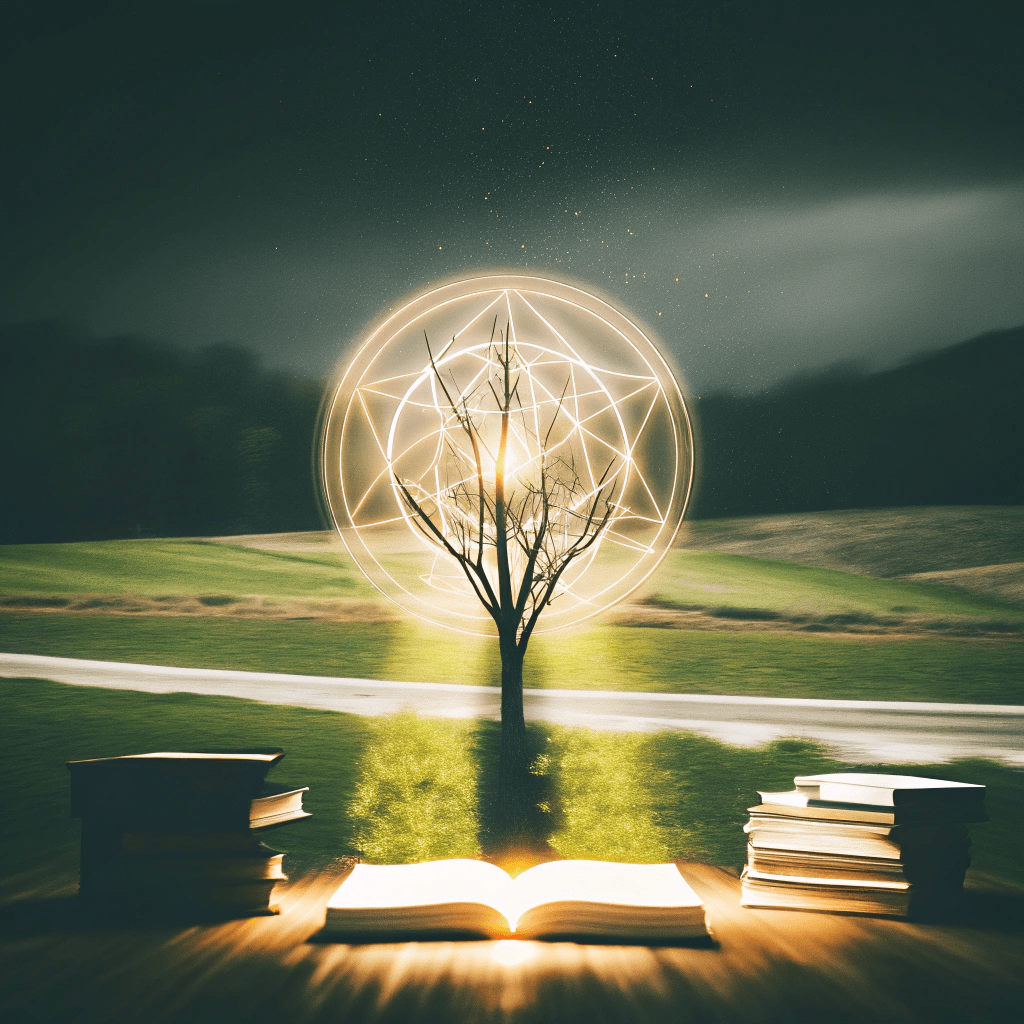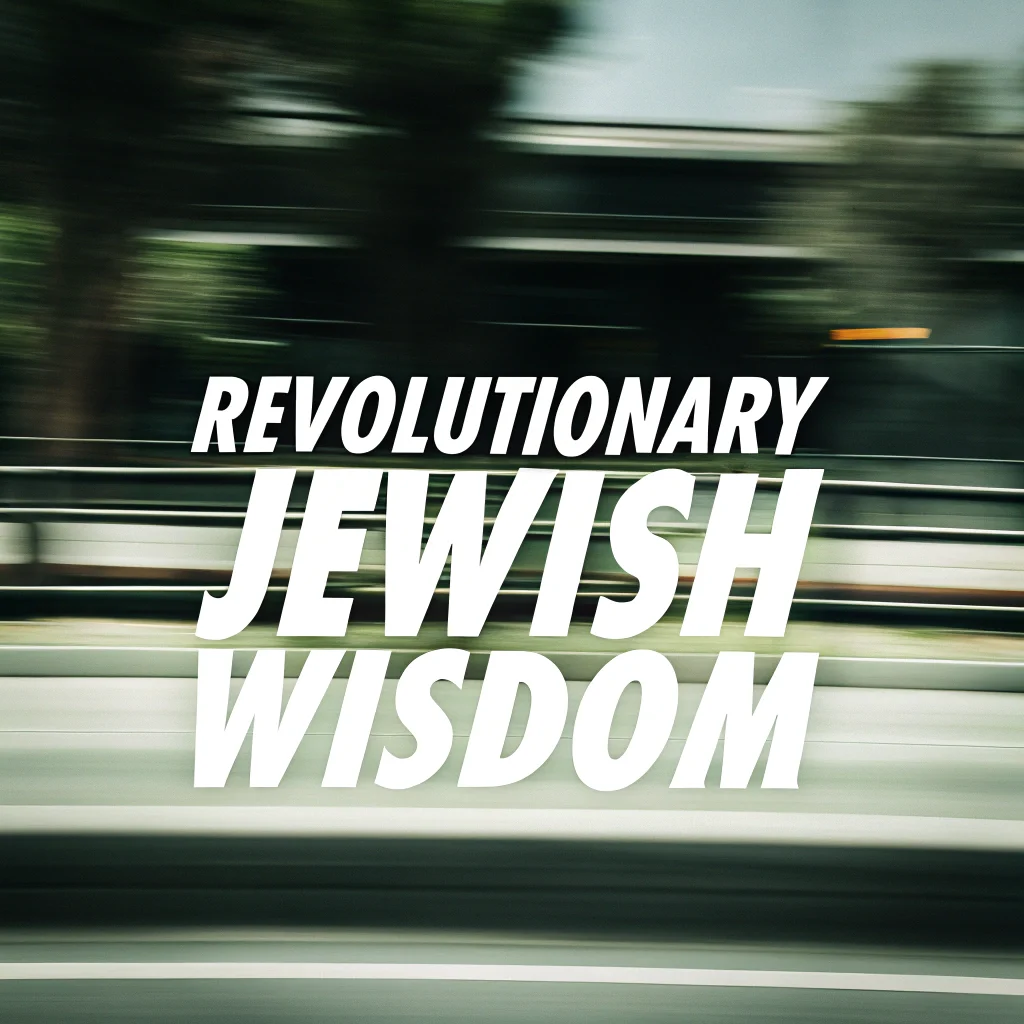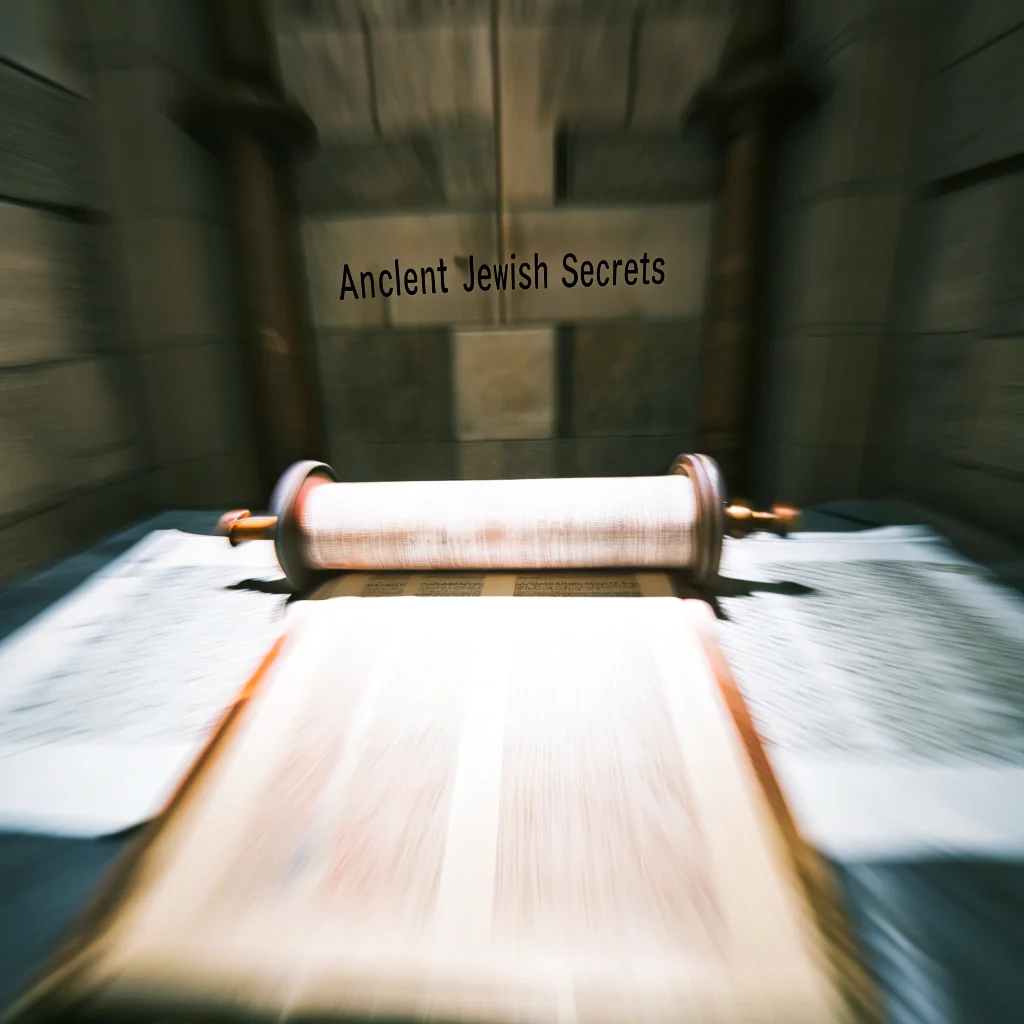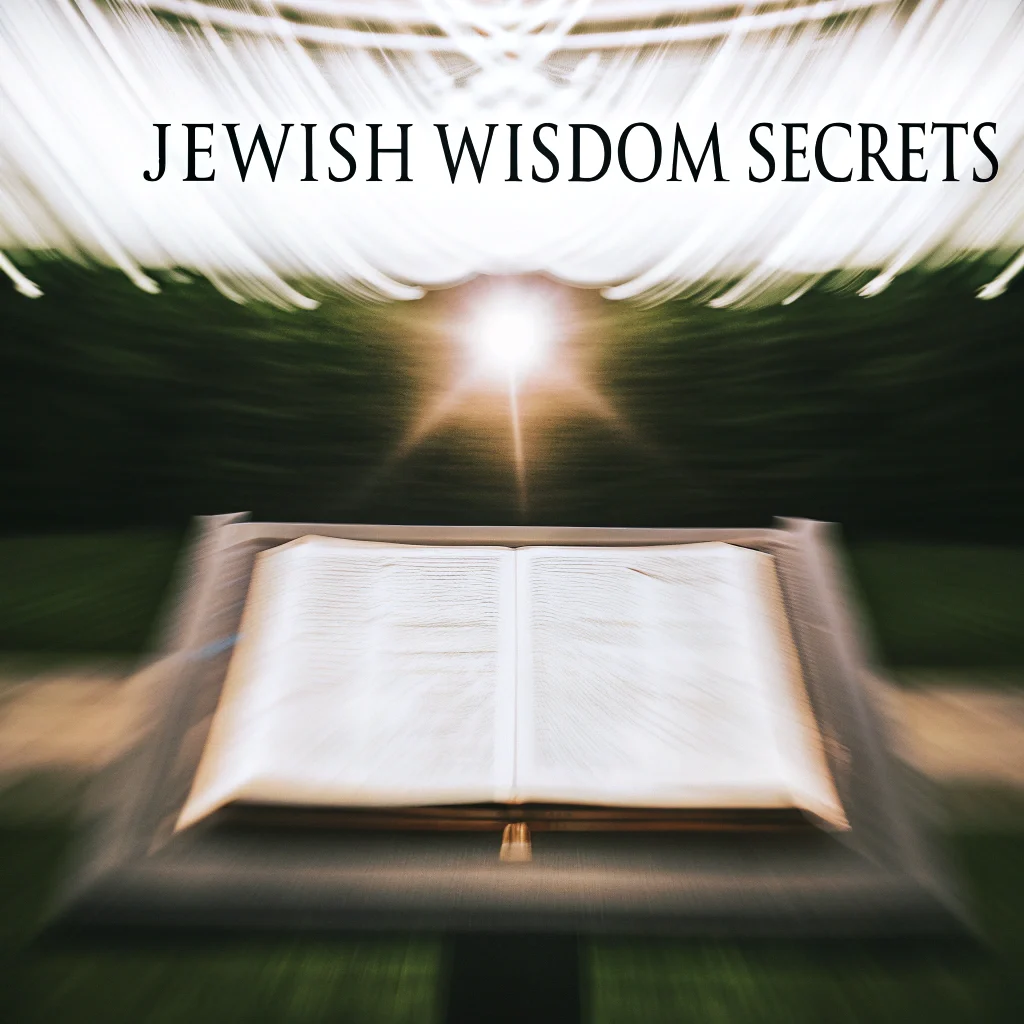Spiritual seeking often takes the most peculiar forms, and more and more people are turning their gaze to ancient teachings. Among them, Kabbalah holds a special place – a mystical teaching shrouded in mystery and enigma. Let’s explore what this ancient knowledge truly represents and how modern people should approach it.
Origins of Wisdom: What is True Kabbalah?
Imagine an ancient scroll, passed from hand to hand over millennia. Each touch is not just physical contact but a transmission of profound wisdom from teacher to student. This is how Kabbalistic teaching has been transmitted for more than three thousand years, tracing its origins back to Moses himself.
The word “Kabbalah” means “receiving” or “acceptance.” It’s not just a set of mystical practices or esoteric knowledge, but a complete system for understanding the universe, based on deep study of the Torah and Jewish tradition. Kabbalah reveals the inner meanings of sacred texts, helping to comprehend the mysteries of creation and the laws governing the world.
Why Was Kabbalah Secret?
The history of preserving Kabbalistic teaching resembles guarding a precious treasure. Sages of all generations showed exceptional caution in transmitting this knowledge. Why? Think of atomic energy: in skilled hands, it serves humanity by creating power plants, but in unskilled hands, it can lead to catastrophe.
Kabbalistic knowledge possesses similar power. In the hands of true sages, it becomes a tool for perfecting the world and soul, but in the hands of the unprepared, it can lead to serious spiritual distortions. History knows many examples where misunderstanding of Kabbalistic ideas led to the emergence of false teachings and sects.
Modern Myths About Kabbalah
Today, we observe an interesting phenomenon: Kabbalah has become a trendy topic. Organizations have emerged offering to teach it as a science accessible to everyone. They claim that Kabbalah has no connection to religion and that studying it requires neither knowledge of Torah nor observance of commandments.
Sounds appealing, doesn’t it? But let’s think: can a part exist separately from the whole? Can one study advanced mathematics without knowing basic arithmetic? Kabbalah is the fourth, deepest level of understanding the Torah. Trying to comprehend it without knowledge of previous levels is like attempting to read complex philosophical text without knowing the alphabet.
Science or Ancient Wisdom?
The modern trend of presenting Kabbalah as a science is particularly interesting. It sounds contemporary and attractive, doesn’t it? But let’s look at the facts. Classical Kabbalistic texts contain not the slightest hint that this is a scientific discipline. Moreover, the founders of modern “scientific” approaches to Kabbalah often distort the meaning of ancient texts to suit their theories.
For example, the term “chochmat ha-Kabbalah” (wisdom of Kabbalah) is often deliberately translated as “science of Kabbalah,” creating a false impression about the nature of this teaching.
Path to True Knowledge
The traditional path of studying Kabbalah requires serious preparation. It’s like climbing a ladder where each step is necessary to reach the next. First, one must master the simple meaning of Torah (pshat), then understand the hints (remez), learn interpretation (drash), and only then can one begin studying the secrets (sod).
These aren’t just formal requirements. Each level purifies a person’s soul, preparing it to receive deeper truths. Without such preparation, studying Kabbalah may not only fail to benefit but could harm one’s spiritual development.
Can One Study Kabbalah Today?
In today’s world, where information has become easily accessible, many ask this question. The answer cannot be straightforward. Yes, studying Kabbalah is possible, but only under certain conditions:
- Serious preparation in traditional Judaism
- Observance of commandments and ethical norms
- Study under the guidance of a competent teacher
- Proper motivation and purity of intention
It’s important to understand that Kabbalah is not a path to gaining supernatural abilities or material benefits. It’s a path of spiritual perfection and drawing closer to the Creator.
Why Is It Important to Preserve Tradition?
In an era when any knowledge has become a commodity, it’s especially important to preserve the purity of ancient wisdom. Kabbalah is not just a set of techniques or theories; it’s a living tradition passed from teacher to student. It’s inseparable from Jewish tradition and observance of commandments.
Attempts to present Kabbalah as a universal science or self-improvement technique accessible to everyone without preparation lead to its distortion and profanation. It’s like trying to play a complex musical piece without knowing musical notation – the result can only be chaotic noise.
Conclusion: Wisdom for Our Time
Kabbalah remains relevant today, but studying it requires a serious approach and respect for tradition. For those who truly seek spiritual growth, there are many ways to touch this wisdom through studying the works of great Jewish thinkers based on Kabbalistic teaching but accessible to beginners.
The main thing to remember is that true wisdom doesn’t require flashy advertising or grand promises. It reveals itself gradually, according to one’s spiritual growth, readiness, and sincerity of intention. This is the eternal relevance of Kabbalistic teaching – it helps a person grow spiritually while remaining faithful to ancient tradition and eternal values.



